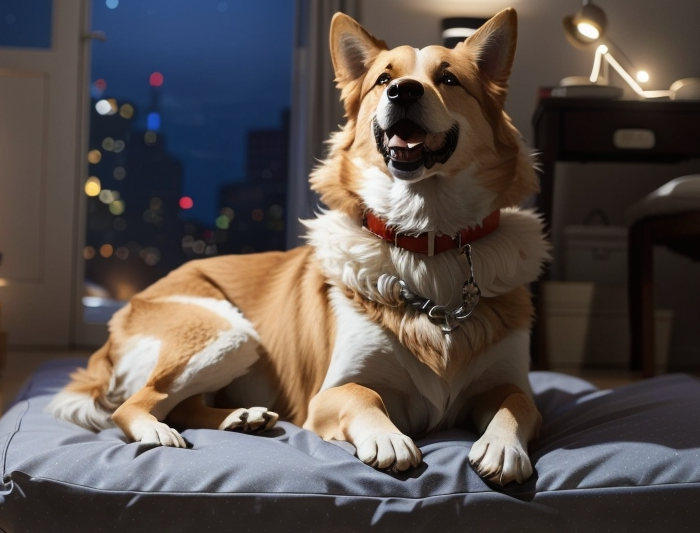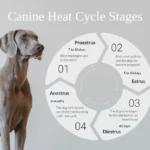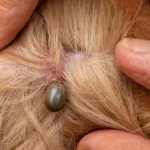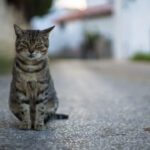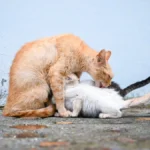American Shorthair Cat Breed – Temperament & Personality Traits
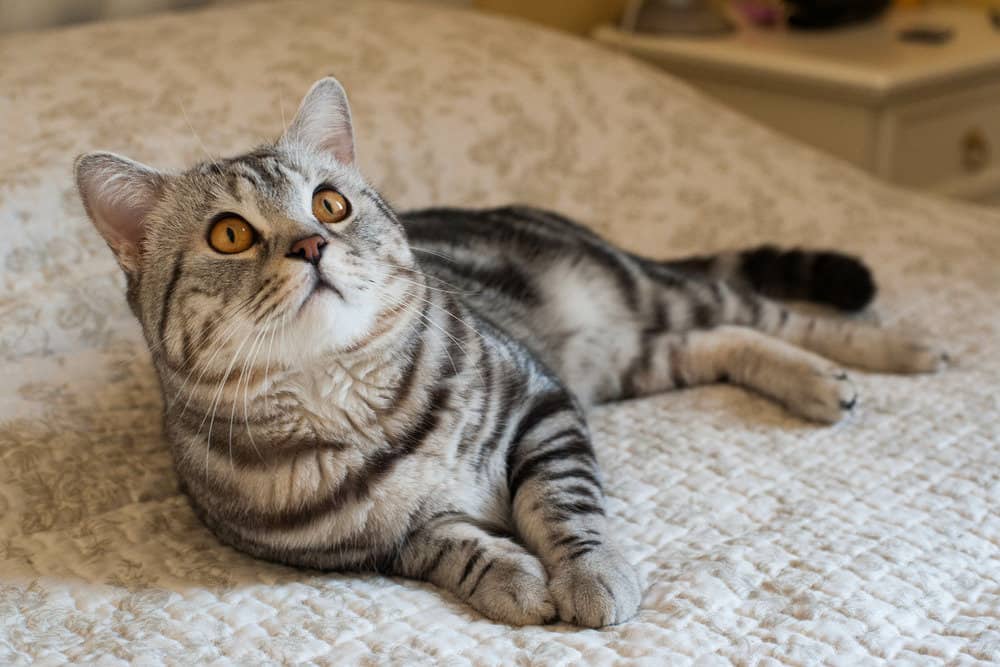

If you’re in the market for a feline friend, the American Shorthair cat breed might just be your ideal companion. ...
Read moreBorder(Bo) Terrier Dog Breed – Information & Personality Traits
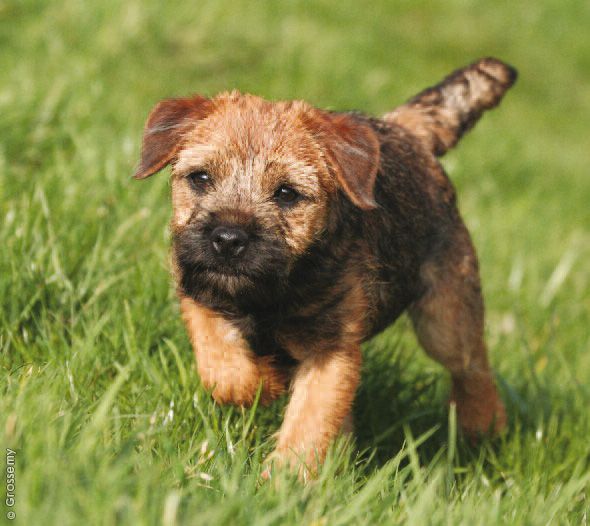

Welcome to our comprehensive guide on the Border Terrier dog breed! If you’re on the hunt for a dog breed ...
Read moreDog Periods: How Often Do Dogs Get Periods?
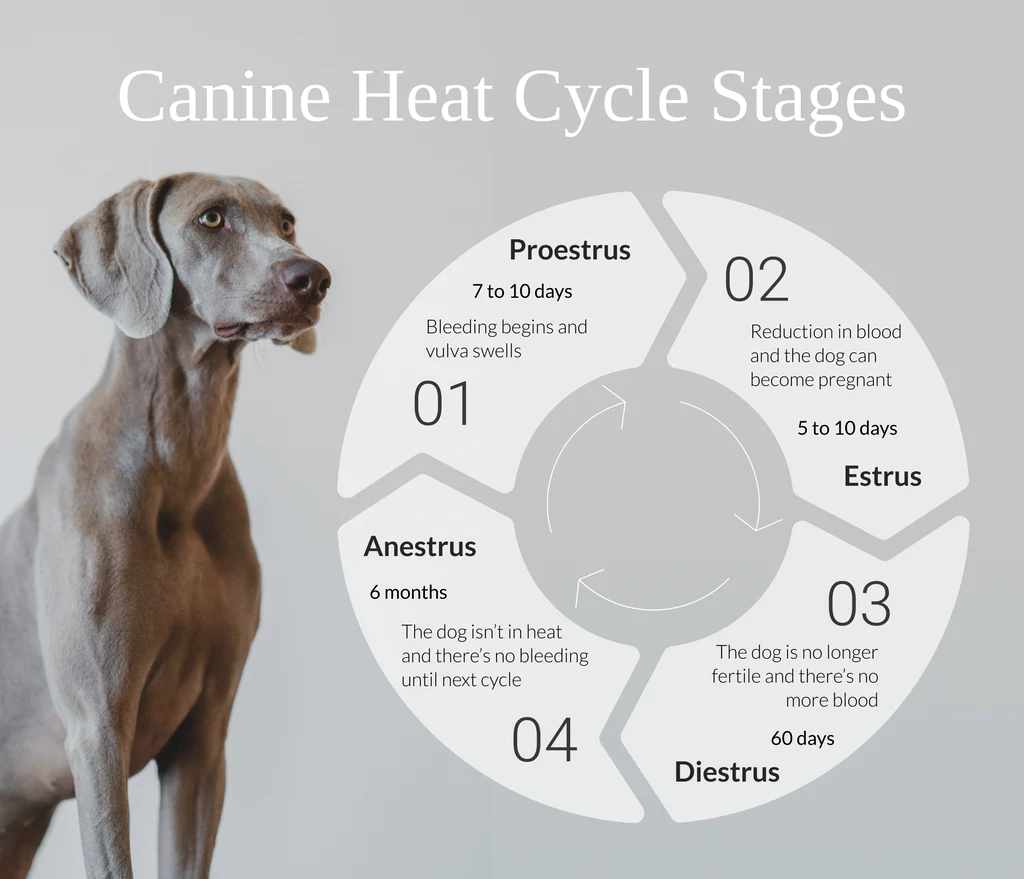

As a responsible dog owner, it is essential to have a comprehensive understanding of your furry friend’s health and well-being. ...
Read moreDog Ticks: How to Remove Ticks from Dogs – A Complete Guide
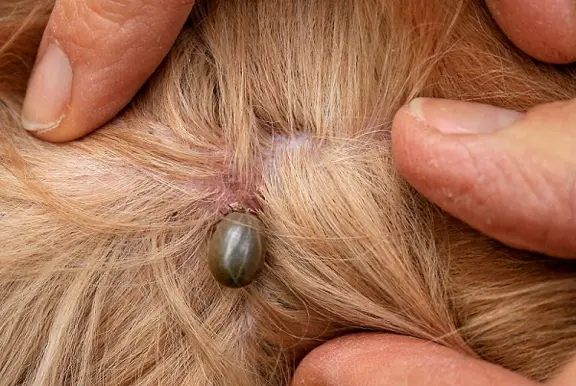

Ticks are pesky parasites that can be a real nuisance for our beloved furry friends. As responsible dog owners, it’s ...
Read moreWhy Do Cats Love Boxes So Much?
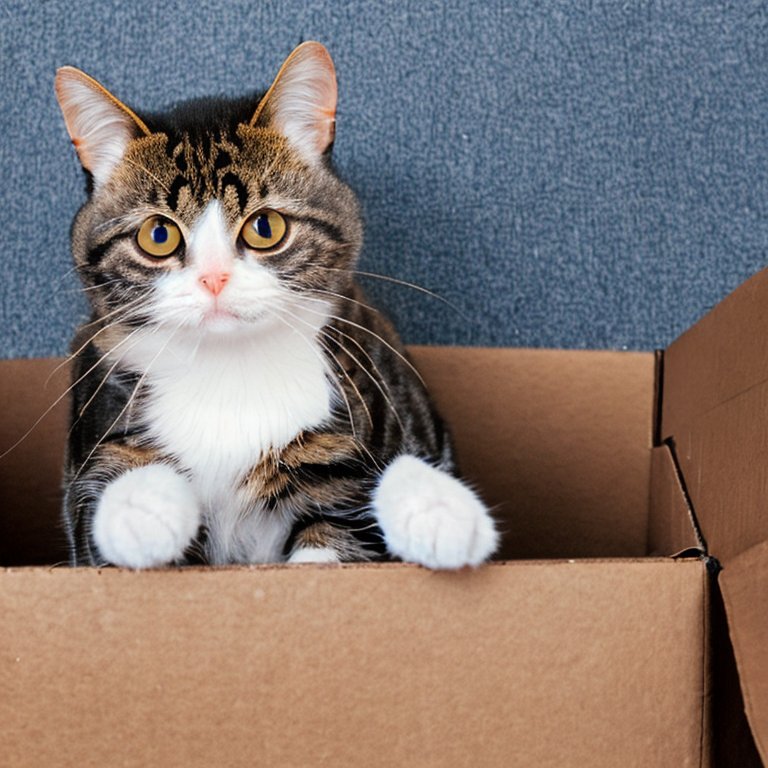

Uncovering the Mystery: Why do cats love boxes so much? It’s a question that has puzzled cat owners for ages. ...
Read moreHow to Care for a Pregnant Stray Cat?
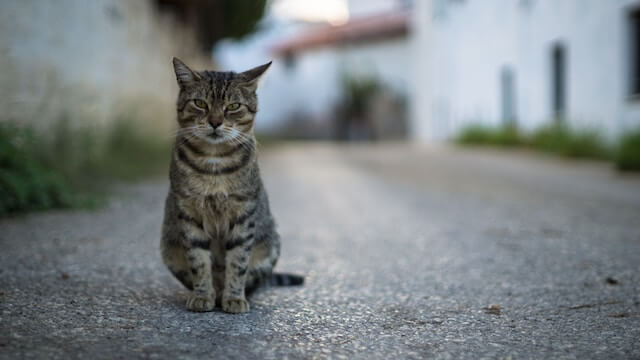

Taking care of a pregnant stray cat requires compassion, patience, and proper knowledge. These feline mothers-to-be need extra care and ...
Read morePregnant Cat Diet: What To Feed Pregnant Cats?
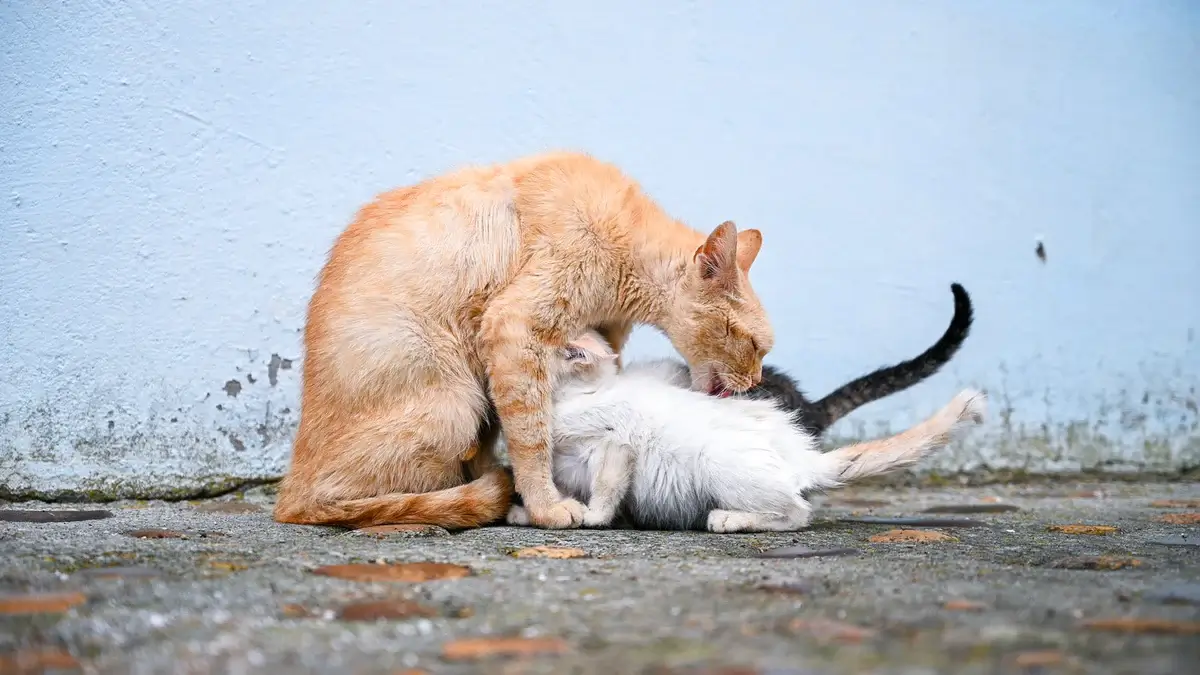

Welcoming a litter of kittens into the world is an exciting time for cat owners. Just like human mothers, pregnant ...
Read morePuggle Dog Breed – Information & Personality Traits
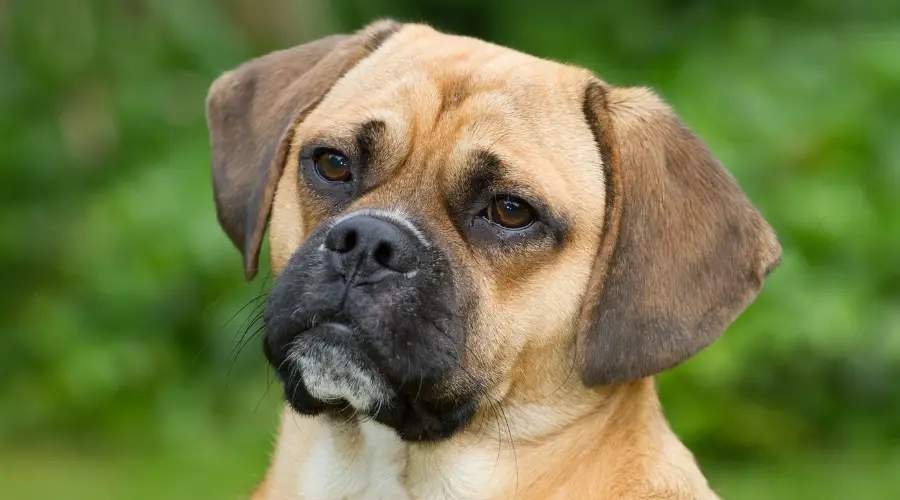

Welcome to our comprehensive guide on the Puggle dog breed! Wondering what are Puggles? Puggles are a mix of Pug ...
Read moreHow To Remove Dog Saliva Stains From Car Leather?


Dog saliva stains on car leather can be a common issue for pet owners. When dogs lick car seats or ...
Read more